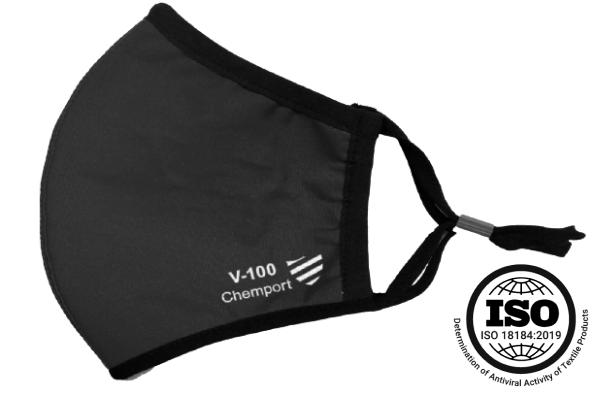What is a virus?
A virus is an infectious agent of extremely small size and simple composition that can multiply only in living cells of animals, plants, or bacteria. They range in size from around 20 to 200 nanometres in diameter. By definition a nanometre is one billionth of a metre, it’s difficult to imagine just how small this is. By contrast, the smallest bacterium are about 500 nanometres in size. [1]
SARS- Cov2 is a respiratory virus which spreads mainly through droplets created primarily when an infected person coughs or sneezes. Research has now shown the virus to be airborne and being able to survive on surfaces outside a living host for up to 28 days.[2] The survival time will depend of many factors including; the type of surface, humidity, temperature or even the specific strain of the virus.
Masks on the market
Research shows at the beginning of the pandemic, medical experts lacked enough evidence on how COVID-19 is transmitted.[3] As a result, public health recommendations about masks weren’t initially clear. Slowly but surely face coverings are now becoming mandatory across the globe to support the prevention of transmission of the virus. But just how effective are respirator and surgical masks?
Respirator masks are cleared for use as an industrial dust particle mask to help protect against certain particles including small particle aerosols.[4] Some respirators including the N95 and N100 as well as the European FFP1/2/3 have a filtration size of 300nm. Viruses are anywhere between 40- 120nm depending on the strand of virus which means, the size of a virus is much smaller than the respirator filter size.
The surgical Type IIR mask is a fabric mask and is designed to act as a barrier against particle droplets, splashes or sprays that may contain bacteria, keeping it from reaching your mouth and nose. They are not built for respiratory protection and do not provide a quality level of protection from small airborne particles.[5] In comparison, the respirator mask filters out at least 95% of airborne particles.
The Chemport V-100
The Chemport V-100 has been specifically designed and engineered to protect the wearer against viruses with filtration down to a size of 23nm. SARS-CoV-2 is anywhere between 80-120nm. The V-100 filter has been tested at the UK Governments health laboratories where it was found
to stop 99.93% of viruses down to a size of 23nm.
It also destroyed over 75% of the virus within 60 seconds, 90%+ within 5 minutes. The anti-viral outer layer when washed up to 50 times at 60 degrees Celsius still kept its anti-viral properties by destroying 98% within 2 hours.
Test documentation available upon request.

